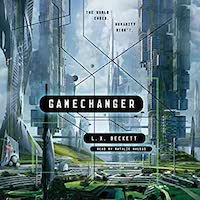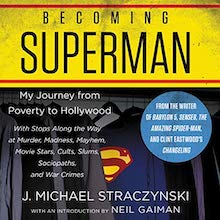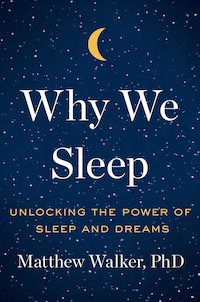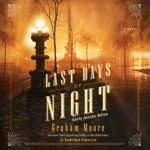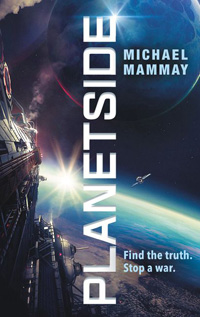Recommended Reading: The Song of Achilles
Monday, April 15th, 2024The Song of Achilles by Madeline Miller
Audible was pushing this novel at me for ages. I don’t remember why I eventually picked it up; it might have been on a two-for-one deal. Whatever the reason, it was there in my collection of audiobooks when I needed something to listen to — and I loved it almost from the first line.
This was Miller’s debut novel, originally published in 2011. It was hugely popular and I imagine many of you are familiar with it. It is a re-imagining of the story of Patroclus, the lover of the Greek hero Achilles, and his unbreakable relationship with that difficult hero of ancient myth. It is told in Patroclus’s voice, in first person, and the narrator is excellent, and fully captures the tone of the story.
Miller’s writing is stellar throughout. I tend to bounce off novels where the descriptive element feels overdone, as if the clever descriptions are the point of the story. Miller does not do that. Her descriptive power is amazing, always enhancing the story and not weighing it down.
I suspect we all already know how this story ends. I was curious throughout to see how Miller would handle it — and she found what felt like a culturally appropriate way to do so.
I do wish there had been a little more insight on why Achilles, as portrayed in this story, was so powerfully drawn to Patroclus. Despite this, I found The Song of Achilles to be an excellent novel and I highly recommend it, especially if you’re into Greek myth.








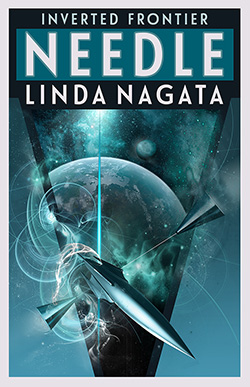 NEEDLE (Inverted Frontier #3) has been out for almost a year. Throughout that time, many people have asked me if there would be an audiobook. My answers ranged from “maybe” to “I don’t think so” to “no.”
NEEDLE (Inverted Frontier #3) has been out for almost a year. Throughout that time, many people have asked me if there would be an audiobook. My answers ranged from “maybe” to “I don’t think so” to “no.” 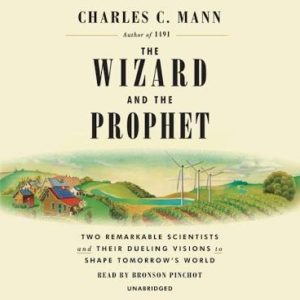
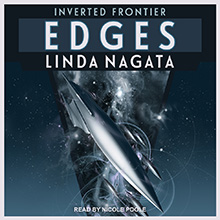 I’m pleased to announce that Edges (Inverted Frontier #1) is now an AUDIOBOOK!
I’m pleased to announce that Edges (Inverted Frontier #1) is now an AUDIOBOOK! 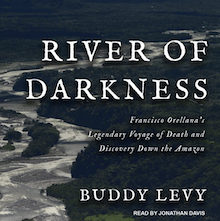 River of Darkness: Francisco Orellana’s Legendary Voyage of Death and Discovery Down the Amazon by Buddy Levy
River of Darkness: Francisco Orellana’s Legendary Voyage of Death and Discovery Down the Amazon by Buddy Levy